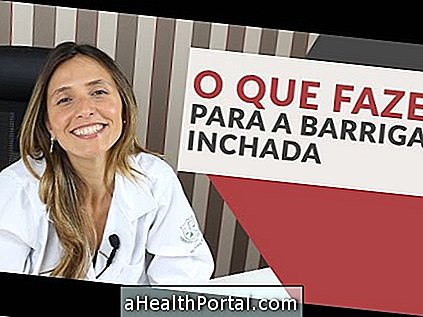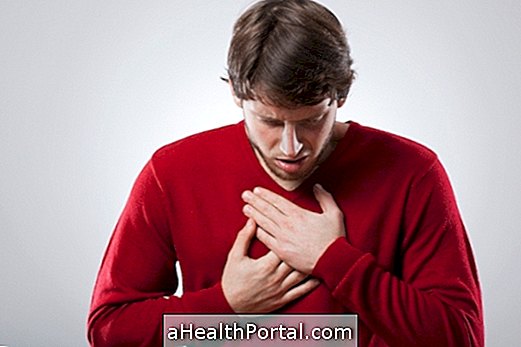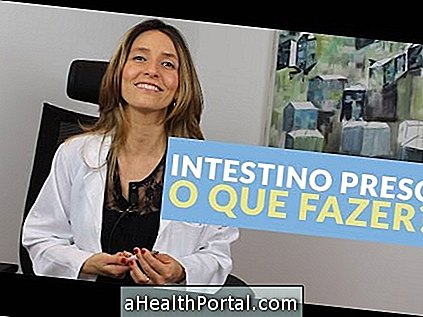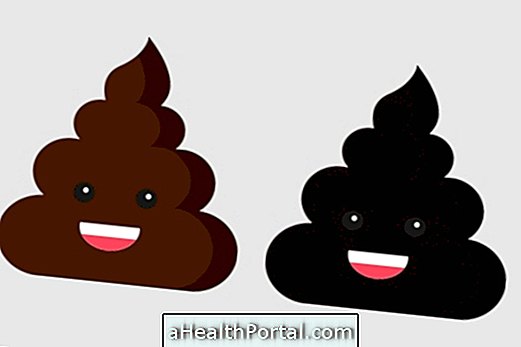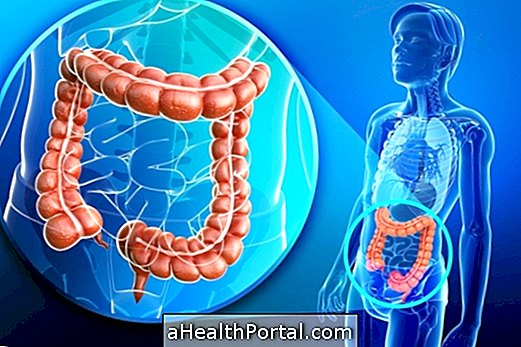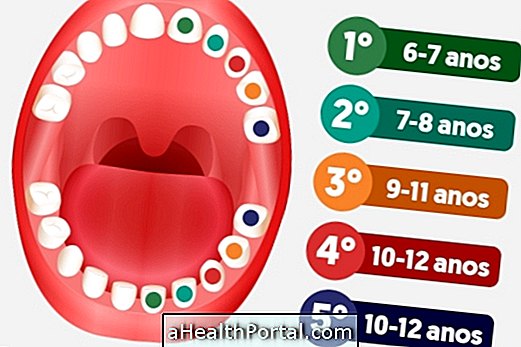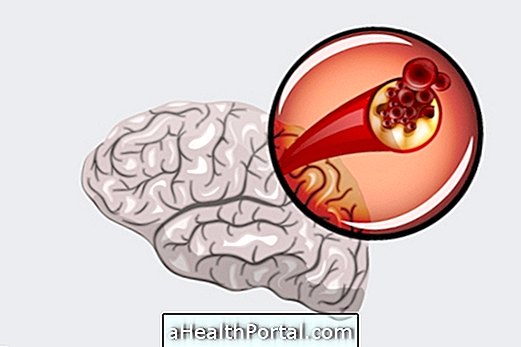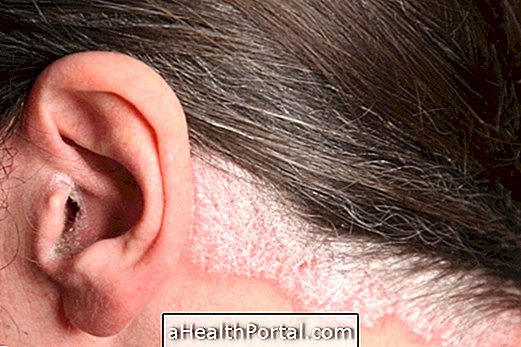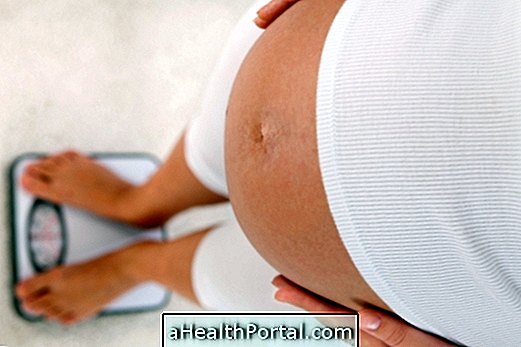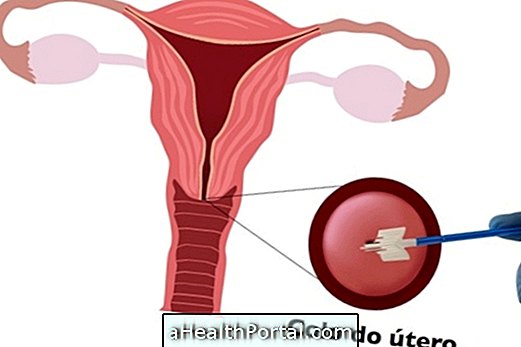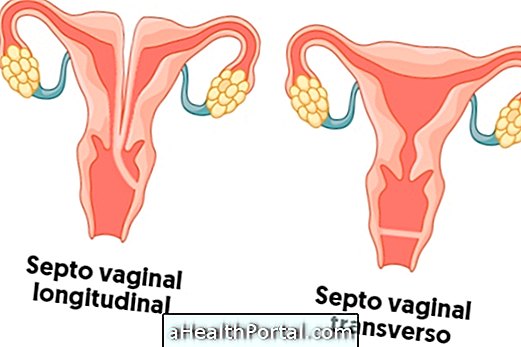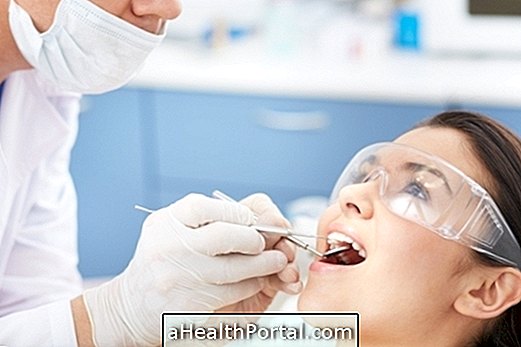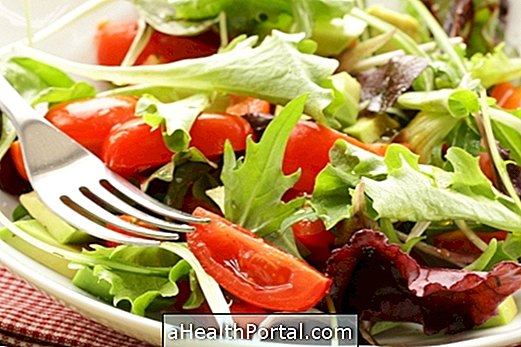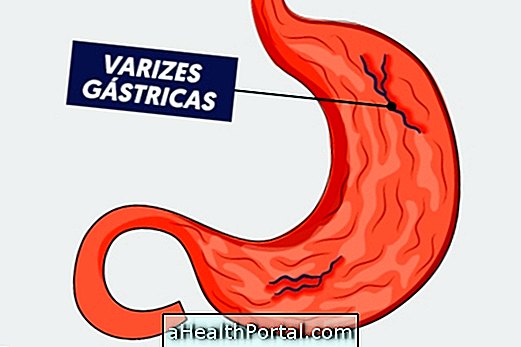Gastroesophageal reflux is the return of the contents of the stomach into the esophagus and towards the mouth, causing pain and inflammation. This happens when the muscle that should stop stomach acid from coming out of the inside does not work properly.
The degree of inflammation caused in the esophagus by reflux depends on the acidity of the contents of the stomach and the amount of acid that comes into contact with the esophagus mucosa and can cause a disease called esophagitis because the stomach lining protects it from the effects of its but the esophagus does not have these characteristics, suffering an uncomfortable sensation of burning, called heartburn.
The force of gravity contributes to reflux when the subject remains lying down, or in situations of obesity where abdominal fat presses on the stomach and facilitates gastroesophageal reflux.
Watch the following video and notice how the reflux happens:
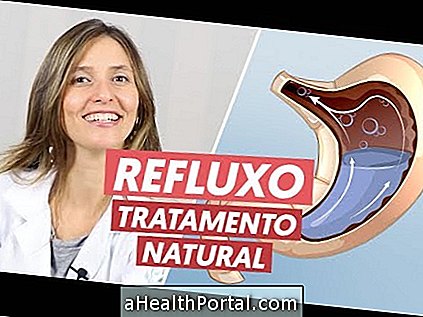
How to know if I have reflux
The diagnosis of gastroesophageal reflux disease is made based on the symptoms and history presented by the patient, but can also be complemented with exams such as:
- X-ray, for observation of the movements of the esophagus;
- Measurement of pH in 24 h which relates the symptoms presented with alterations of the acidity of gastric juice to determine the number of times reflux occurs;
- Reflux scintigraphy.
The best doctor to diagnose and treat reflux is the gastroenterologist, who should be sought in case of suspicion.
How is the treatment for reflux
Treatment for reflux can be done with simple measures, such as making adequate food or using drugs such as domperidone, which accelerate gastric emptying, omeprazole or esomeprazole, which reduce the amount of acid in the stomach or antacids, which neutralize the acidity already present in the stomach. See the most commonly used remedies for treating gastroesophageal reflux.
Food changes in gastroesophageal reflux disease are necessary, but should be adapted to drug treatment and also customized. Generally, the person with reflux should eliminate or reduce the consumption of alcoholic beverages, high-fat foods such as fried foods and industrialized products and chocolate in addition to avoiding cigarettes and soft drinks. In addition, the last meal of the day should be made at least 3 hours before bedtime, to prevent the contents of the stomach from returning to the mouth.
In more severe cases, surgery may also be necessary.
